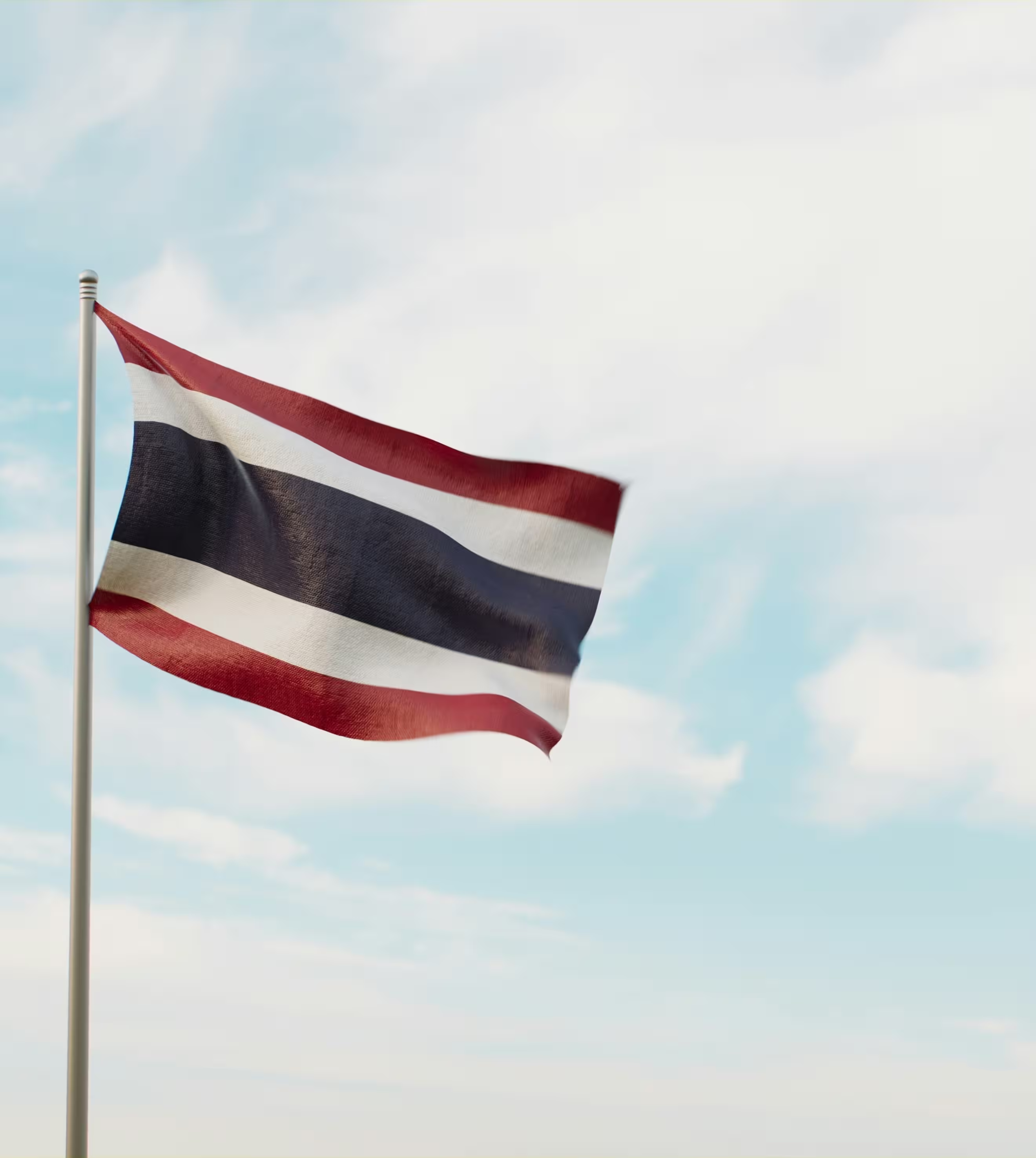Changes in Thailand's visa legislation in 2025
14.07.2025
Thailand has been introducing several key changes to visa legislation since May 2025. First, the requirement to show proof of financial solvency when applying for a tourist visa is being reintroduced — at least 20,000 THB (≈ 550 USD) to prove the ability to independently maintain a stay.
Secondly, from May 1, 2025, a mandatory Thailand Digital Arrival Card (TDAC) will be introduced for all foreign visitors — tourists, business travelers and residents. The form replaces the paper TM6 and is submitted online no later than three days before entry, which should simplify border controls and improve security.
Thirdly, the period of visa-free stay for citizens of a number of countries, including Russia, has been extended: now tourists can stay in Thailand without a visa for up to 60 days instead of the previous 30. This change is aimed at stimulating tourism during the low season and will apply to both those arriving by air and those who cross the border by land.
Fourth, the Thai government is launching a new multiple-entry e-Visa (e-MEV) for frequent foreign nationals. It will be valid for 5 years and will allow unlimited entries with a maximum stay of up to 90 days per visit. It will be possible to apply online, and the visa itself will be stored digitally and linked to the traveler's passport.
Fifthly, from May 2025, tourists renting accommodation through online platforms will need to provide a booking confirmation registered in the official tourist registration system. This innovation is aimed at combating the shadow market for short-term rentals and improving the safety of travelers. Without a registered reservation, entry may be denied or a fine may be imposed.
Sixth, entry controls for medical tourism are being strengthened. Patients arriving for treatment will be required to present an invitation from an accredited clinic, as well as medical documents confirming the need for a visit. This rule applies to both short-term tourist visas and special medical visas, and is designed to reduce the abuse of visa conditions.

share


